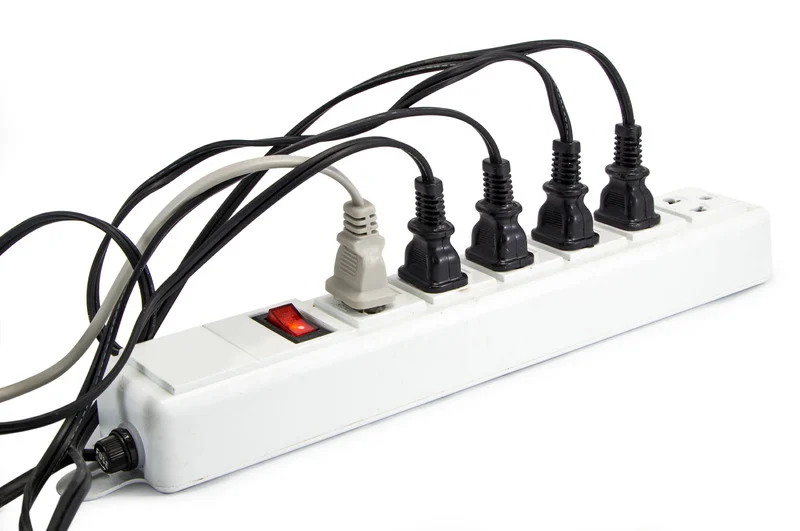Residents anxious as developers eye former site of toxic waste disposal: 'Every day I have people asking me if it's safe to live here'
- Robert English
- Jun 6, 2024
- 3 min read
Residents of Russell Landing, Florida, a suburb near Jacksonville, are wary of real estate developers planning to build housing on the site of a former toxic waste disposal.
What's happening?
Developers are eyeing a former Northeast Solite Corporation plant property to build new housing in an effort to help Florida's housing affordability crisis, which has over 860,000 low-income renters cost-burdened.
The plant, which shut down in 1995, mined clay and shale, which was then burned to produce cement. Northeast Solite originally burned with fossil fuels before switching to less costly hazardous waste in the 1960s. Many large companies in the southeastern U.S., such as Kodak and General Electric, paid Solite to dispose of their waste, according to the Guardian.
Today, residents of the town can still see barrels of toxic waste buried in the ground, some of which are poking out of the earth.
Why is this concerning?
Residents of Russell Landing are worried about what will happen if developers start digging up the land from Solite, which they say has contributed to a series of health problems, including cancer, heart disease, and genetic disorders.
"There are six households on that street that have had cases of cancer," said Kristen Burke, a resident of Russell Landing for 15 years.
"The fear is that if excavators start kicking up those soils and clear-cutting trees, [then] all the waste is coming our way again," Burke said. "Every day I have people asking me if it's safe to live here."
According to Northeast Solite, along with the Environmental Protection Agency (EPA) and the Florida Department of Environmental Protection (FDEP), there are no environmental concerns or pollution from the plant. When the plant shut down in 1995, the company cited an increase in operation costs. However, records suggest that the EPA and FDEP have known about chemical spills and malpractice at the plant since the 1980s.
One former worker at the plant, Michael Zelinka, raised concerns just a few months before the plant shut down. Doctors had found a high amount of arsenic in his blood, which is linked to cardiac problems. He was fired a few weeks after vocalizing his concerns. Notably, Clay County, in which Russell Landing is located, has one of the highest rates of cancer in Florida.
Unfortunately, this is not the only case of toxic waste affecting Americans. Across the country, coal-fired plants are contributing to health problems and are not properly monitored. Also, a new report found that millions of Americans are at risk of toxic chemicals from train derailments, like the incident in East Palestine, Ohio.
What's being done about toxic waste?
In Russell Landing, citizen advocacy groups are continually pushing for more research into soil testing. In a recent test of soil and groundwater paid for by an advocacy group, they found the presence of toxic metals such as cadmium, barium, lead, chromium, and arsenic.
"We've done what we can with limited resources," said Bruce Reynolds, a retired hazardous waste expert for the U.S. military, who consulted on the task force's recent testing.
When presented with evidence of toxic materials, the FDEP pledged to be more transparent about the site's findings but offered no commitments. Last year, the FDEP said that the Solite company must complete a Resource Conservation and Recovery Act investigation.
"We will follow FDEP's requirements," said Albert Galliano, environmental manager at Northeast Solite.
The findings have not deterred housing developers, led by Michael Danhour, from proceeding with testing and housing.
"Our recent purchase pledged $2 million towards those efforts, and we will continue to work on it until it is clean," Danhour said.
However, residents aren't sure the cleanup will be enough.
"I try not to be pessimistic," said Randy Gillis, a resident of Russell Landing. "But if I was a betting man, I'd say that [FDEP] will try to tell us this isn't a worry for the community. One day there will be development. I can't stop that even if I want to."
"It's a beautiful place to live," Burke said. "I'd hate to think that people will keep getting sick if we don't do something about it."

_edited.png)









Comments